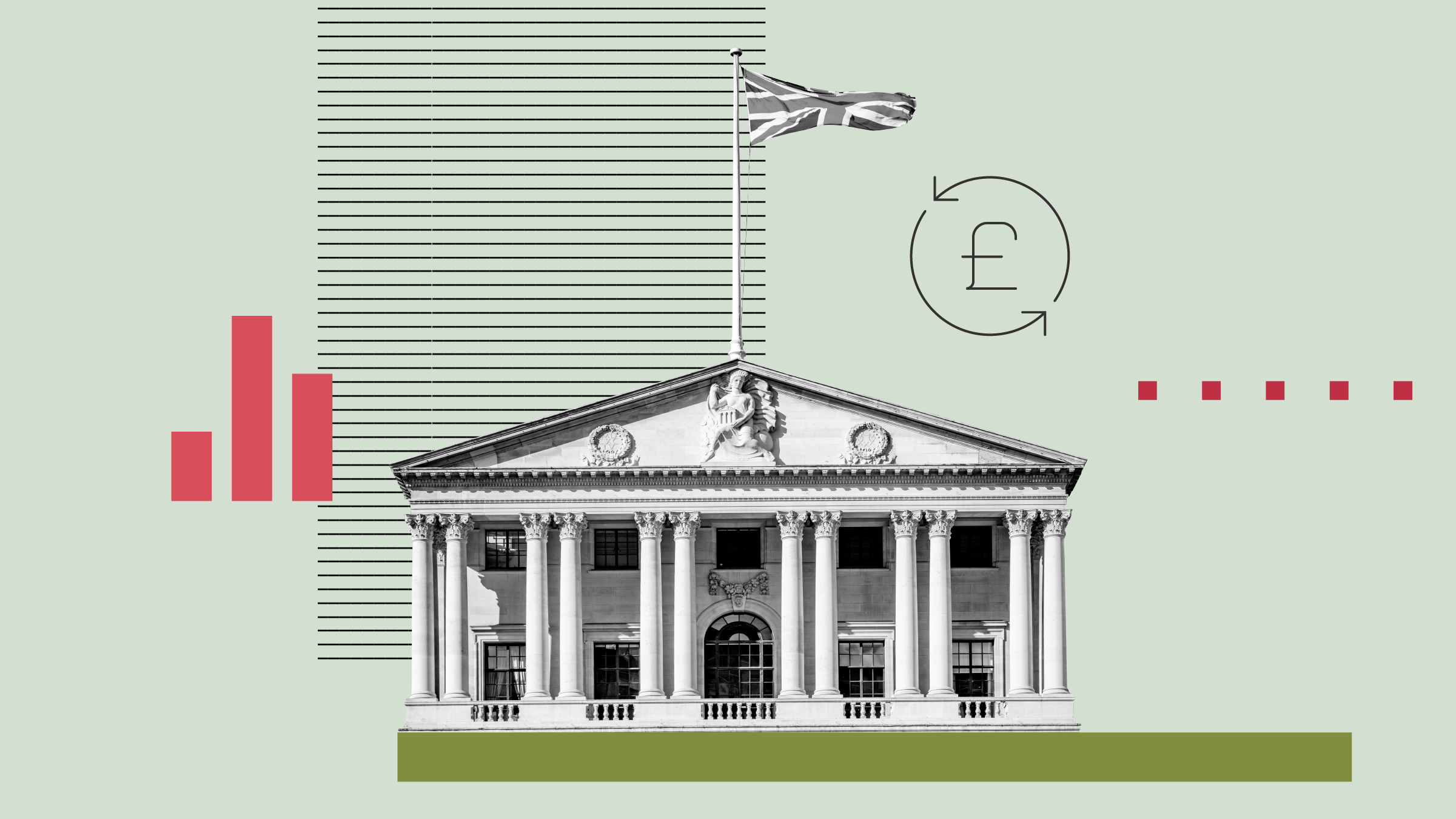Sunniva Kolostyak: Welcome to Morningstar. There's been a lot of talk about how the world is currently in a recession. So, with me here today to unpack this is Mike Riddell, head of macro unconstrained at Allianz Global Investors.
Mike, thank you very much for being here today.
Mike Riddell: Thanks for having me.
SK: Let's start with the outlook for 2023. What are your thoughts there?
MR: So, yeah, you said it. I think everyone is worried about recession risks. I think it's very interesting, though, that what people are worried about or thinking and what's actually priced into markets is actually very different. So, recession is now front of mind and for very good reason. It's being predictable that we were going to be slowing and actually, we were worried about this a year ago, although I think the reasons have changed why we're now worried about actually a deep recession, not just a mild recession.
A year ago, it was all about commodity prices, and what we find is, when commodity prices surge, the global economy is normally weak about six months later. And actually, it works the other way around as well. When commodity prices fall, growth is normally better. But while actually commodity prices have fallen a little bit the last few months, and that could be a little bit of a tailwind actually from the second half of this year, what we're now really worried about is all of the interest rate hikes that we saw six to nine months ago.
Because the thing about monetary policy and interest rates is it takes about a year for this to have any impact on the economy. So, we're only just starting to feel the negative impact of all those rate hikes and sadly, we still have about another six or nine months just to catch up with those rate hikes that happened last summer and are still happening.
SK: So, what you're saying, have the central banks maybe done too much?
MR: Yeah, I think that's exactly right. I think that particularly developed market central banks were clearly far too slow to hike rates. Growth was very strong. Inflation was skyrocketing end of 2021, beginning in 2022, even before Russia and Ukraine. And now, partly because of credibility, partly because they got their models wrong and didn't see the inflation shock coming, they've now done too much.
And you can see this looking at the bond market where yield curves are phenomenally inverted. That is a sign that the market is saying they are going to keep hiking because they say they're going to keep hiking, but there's a risk that you're going to then cause recession and then something is going to break and at some point, they are going to have to cut interest rates.
SK: You also mentioned commodity prices. Can you talk a little bit about how you forecast recession and what you're looking at when you try to predict how deep it's going to be?
MR: Yeah. So, different things matter at different stages of the cycle. The reason we were so worried about – well, this year is a major slowdown, end of 2021, was because we've had a huge increase in gas prices in particular, the second half of 2021. But we actually thought that, okay, we'd have a downturn, but things would recover the middle of 2022. Then when Russia then invaded Ukraine, commodity prices surged again and that meant that actually we wouldn't get a recovery, the recession would be worse. But commodity prices now, because they're actually lower, if anything, particularly gas prices in Europe are much lower than where they were in August of last year and in 2022, that we are now expecting that fall in commodity prices is really the only thing that's going to be helping growth in Q1, Q2 of this year. Now, it's all about interest rate hikes, which is what really matters.
SK: If we look at your portfolios, how do you prepare for all of this and how have you aligned yourself to go into this year?
MR: So, people are rightly we think worried about recession. What's very interesting, though, is when we look at any of the surveys, investor positioning or sentiment positioning, we find that people aren't really positioned for recession. So, people are saying, yes, there will be a mild recession, but people expect it only to be mild and they think that things will get better. No one is expecting a big jump in the unemployment rate. So, everyone is seeing that consumer spending actually should hold up pretty well.
We are much more worried than that. Because of the lags involved, and we can predict that growth will be weak because, as I say, all those rate hikes we saw last year and are still happening, the ECB is talking about finishing hikes in the summer of 2023. That's going to hurt the economy until summer of 2024. So, there are very long lags. We think that growth will continue to weaken sharply [in] Q1 and particularly Q2 of this year, and that's not priced into really anything.
So, for our portfolio, there are a couple of cuts priced in now for the US, but it's just two cuts and then interest rates high really forever. We think you might have a whole cycle of cuts kicking in from the second half of this year, which is just not priced in, and rates could well stay lower for longer as well. So, we're very bullish of government bonds. They have started to perform well. We've had a big rally in a lot of bond markets since the autumn. But we've also had a big risk asset rally, and that's where we have a big disagreement. I think if we have a deep recession, companies will be going bust and that's not priced in. Earnings have only just started to turn, and I think we're going to get far worse downgrading of earnings over the next few months, again, just given the lags involved with monetary policy.
Kolostyak: So, when do you expect markets to become more optimistic?
Riddell: So, I think because of the lags around monetary policy then, I don't see any way that growth will not weaken in the next three or six months. But I think where you might have a shallower recession or where maybe things could recover in the second half of this year would be if commodity prices keep falling, that would be good for growth; if we then see inflation rates falling, which will mean central banks haven't got to keep hiking and maybe they can start cutting, that would be good for growth.
We could also see China, which is reopening, abandoning its zero-Covid policy. Easing monetary policy itself, that could result in global growth picking up later this year. So, I think that's taken away some of the tail risk we're worried about of a very nasty deep recession and potential financial crises. I still think that's possible but it's less likely than it was. But we could well get a nice rebound in the second half of this year, but sadly, I think not the first couple of quarters of 2023.
Kolostyak: Well, Mike, thank you very much for being here today. For Morningstar, I'm Sunniva Kolostyak.





























